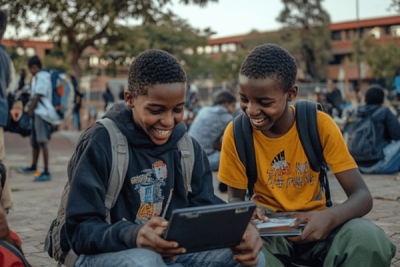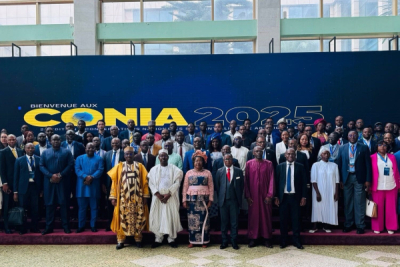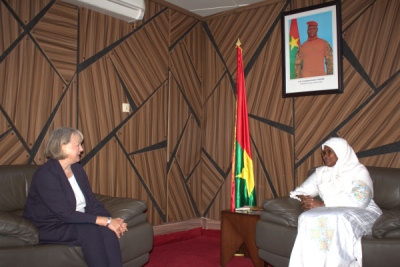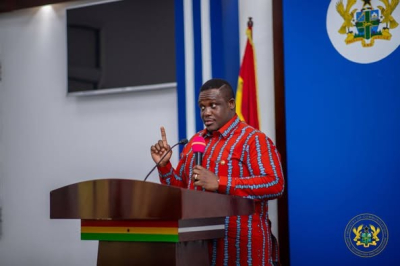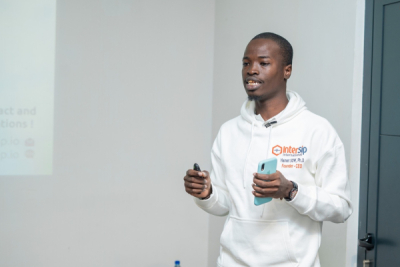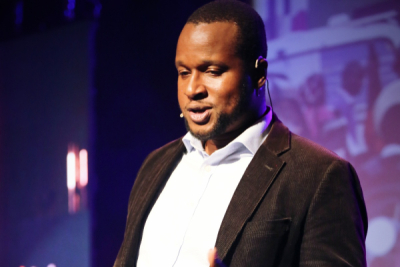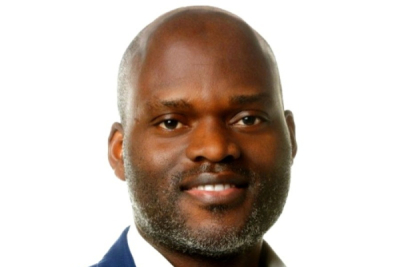Personalization, Data, Planning: How AI Is Transforming African Education
Africa faces a deep education crisis. Student numbers surge, teachers are scarce, and infrastructure lags behind. In 2024, UNESCO reported that 58% of adolescents aged 15 to 17 in sub-Saharan Africa do not attend school. The continent counts 98 million children outside the education system. Many schools lack electricity, internet, and basic resources.
AI Offers a Lifeline for Overworked Teachers
Teacher shortages cripple African classrooms. UNESCO says Africa needs to recruit more than 16.5 million teachers by 2030 to keep up with population growth. AI cannot replace teachers, but it can help them. Automated grading, custom teaching materials, and lesson planning tools lighten the load. In Kenya, teachers use the Kalasik assistant—a chatbot that generates lesson plans and automates repetitive tasks.
AI Delivers Personalized and Inclusive Learning
AI adapts learning to each student’s needs. Overcrowded classrooms make individual attention impossible, but smart systems change that. Students access interactive exercises, tutorials, and tailored feedback—even after school hours. Personalized learning keeps students engaged and cuts dropout rates, especially in rural and marginalized communities.
In West Africa, the Kwame for Science assistant tutors science students in 11 countries. It boasts an 87% accuracy rate for its top-three answers and serves 750 users over several months.
Data-Driven Decisions Shape Education Policy
AI gives education leaders real-time data. Ministries of Education spot low-enrollment regions, forecast teacher demand, and allocate resources where they matter most. Predictive analytics shifts planning from reactive to proactive, using demographic and school data.
Governments Put AI at the Heart of Education Strategy
Several African nations now weave AI into their education plans. Kenya launched a national AI strategy for 2025–2030 with UNESCO, focusing on digital skills in schools. Zambia and Côte d’Ivoire have also prioritized education in their AI strategies, promoting data analysis and personalized learning. Nigeria develops AI skills and integrates AI in education through partnerships with universities and private companies. Senegal, Burkina Faso, and Congo have added AI in education to their digital roadmaps.
Major Hurdles Remain
Despite these advances, African education systems face steep challenges in scaling AI. To begin with, poor digital infrastructure slows down deployment in many regions. Moreover, Teacher training on digital tools remains insufficient. Finally, data privacy and ethics are often under-regulated and sustainable funding models for EdTech remain elusive.
AI solutions need heavy investment and a solid business model. Protecting student data requires strict ethical rules. Tools must fit local languages and cultures. Above all, governments, partners, investors, and the private sector must commit long-term support to move beyond pilot projects and build a sustainable education system.
Samira Njoya




